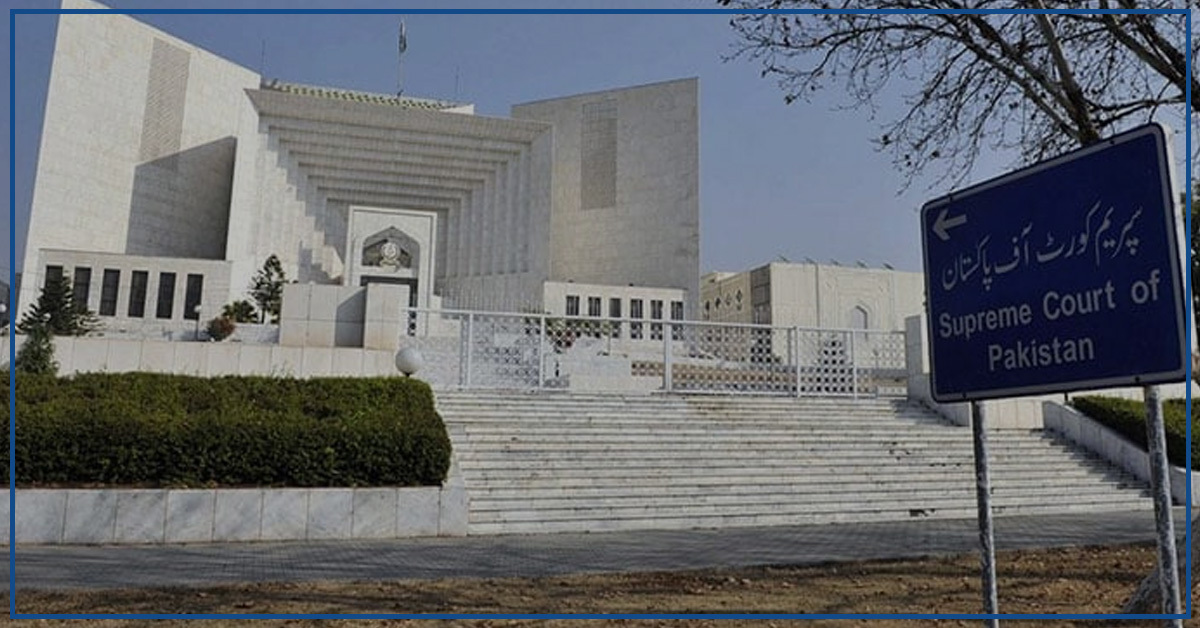The highest judicial body in the nation, the Supreme Court, is once again in the spotlight as it resumes its hearings on a series of petitions challenging a contentious law that limits the powers of the Chief Justice of Pakistan (CJP). This legal battle, which has captured the attention of legal experts and citizens alike, promises to be a watershed moment in the ongoing debate over the separation of powers within the government.
The primary focus of these hearings revolves around the constitutional validity of the law that restricts the authority of the Chief Justice of Pakistan. This law, enacted in recent years, has raised serious questions regarding the independence of the judiciary and the balance of power within the government. Advocates for the law argue that it promotes a more balanced distribution of authority, preventing any one branch of government from becoming too powerful. However, critics contend that it undermines the autonomy of the judiciary and may compromise the principles of justice.
The Supreme Court has received a plethora of petitions challenging the constitutionality of this law from various quarters, including prominent legal luminaries, civil society organizations, and concerned citizens. These petitions argue that the law infringes upon the fundamental principles enshrined in the Constitution, such as the separation of powers and the independence of the judiciary. The Supreme Court’s decision on this matter will undoubtedly have far-reaching implications for the nation’s legal landscape.

Central to this legal debate is the role of the Chief Justice of Pakistan. The Chief Justice is the highest-ranking judicial officer in the country, responsible for ensuring the proper administration of justice. Critics of the law limiting the CJP’s powers argue that it hampers their ability to fulfil this crucial role effectively. They contend that the Chief Justice should have the authority to act independently, free from external influences.
The issue has divided the nation, with passionate arguments on both sides. Proponents of the law believe that it prevents judicial overreach and preserves the delicate balance of power among the branches of government. Conversely, opponents fear that it might lead to a weakened judiciary, incapable of safeguarding the rights and freedoms of the citizens.
As the Supreme Court resumes its deliberations on this critical matter, the nation waits with bated breath for a resolution. The outcome of these hearings will not only shape the future of the judiciary but also impact the broader democratic landscape of Pakistan. Whatever decision the Supreme Court ultimately renders, it is certain to be a pivotal moment in the country’s legal history.
The Supreme Court’s resumption of hearings on petitions challenging the law limiting the Chief Justice of Pakistan’s powers marks a significant moment in the nation’s legal journey. With advocates and critics passionately presenting their arguments, the outcome remains uncertain. The coming days will witness intense legal discussions and debates, ultimately shaping the destiny of Pakistan’s judicial system.





